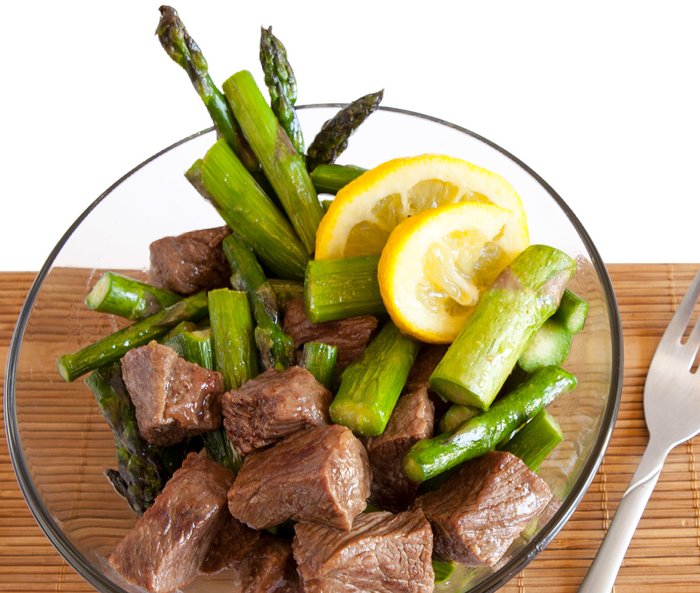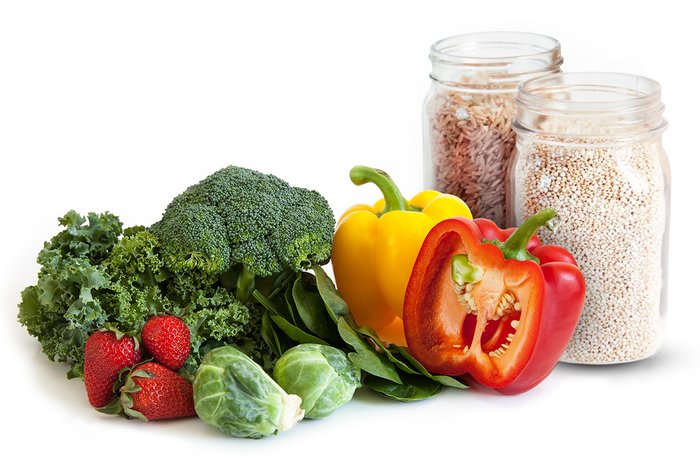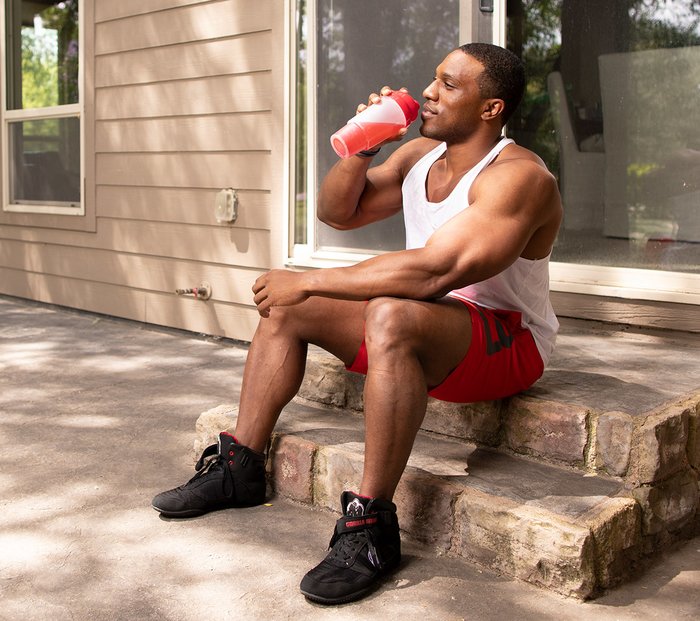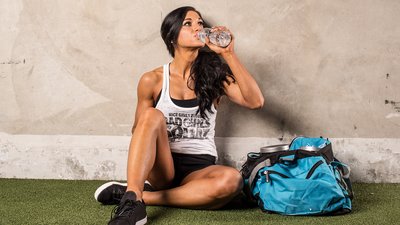Working out takes a toll on your body. It burns stored energy, breaks down your muscle tissue, and uses up bodily fluids. If you want to exercise regularly, you need to learn how to replenish your body so it can heal after a workout and prepare you for your next one.
Of all the substances your body needs to support regular physical activities, among the most important are proteins, carbohydrates, and liquids. Here's how much of each you need, why you need them, and when to take them. Use this information to create a plan for replenishing your nutrient and fluid stores, and you'll be ready for whatever over-the-top workout plan you choose next!
Rebuild with Protein
Why you need it: Regardless of the type of exercise you engage in, your muscles undergo some form of microtrauma on the cellular level. This is especially true with resistance training—and especially when you're doing the types of resistance training where muscle growth is the main goal. Protein helps to initiate the repair and rebuilding processes, which ultimately instigate muscle growth. Many studies support the idea that consistently having a protein shake post-workout can lead to greater strength and muscle gains.

Types of protein: In most cases, aim for a high-quality complete protein that contains all nine essential amino acids. Examples include animal meats, dairy, eggs, whey protein, and soy protein. Don't overlook blended vegetable proteins either, as they often match up surprisingly well.
How much: Consume 25-30 grams of protein within 60 minutes of finishing your exercise session. Sure, the so-called "anabolic window" may have taken a big hit in recent years, but this time frame is still worth aiming for so you can jump-start recovery and get on with your day.
Refuel with Carbohydrates
Why you need it: Carbohydrates are your muscles' primary energy source. The greater the exercise intensity, the more your body relies on carbohydrates for fuel. Depending on the length and intensity of your workout, your carbohydrate stores may be significantly depleted. Post-workout is the best time to replenish these stores, because your muscles absorb nutrients like a sponge during this time.

Types of carbohydrates: Oats, rice, pasta, breads, and fruits are all excellent options to include post-workout. Many people swear by gobbling up fast-digesting carbs post-workout, but research shows little benefit from consuming large amounts of quick-digesting carbohydrates. You can completely replenish your muscle carbohydrate stores within a 24-hour time period, but optimize absorption by consuming carbs sooner rather than later. Do what works for you, but make sure to get enough.
How much: To prioritize carbohydrate replenishment post-workout, consume 0.4-0.5 grams of carbohydrates per pound of body weight within 60 minutes of finishing your workout.2
Rehydrate with Fluids and Electrolytes
Why you need it: Your body is 75 percent water. During exercise, it's not uncommon to lose 1-2 liters of fluid per hour. Consequences of dehydration include dizziness, headaches, and impaired mental and physical performance. And remember, if you're thirsty, it means you're already dehydrated.
Sodium and potassium, the major electrolytes lost in sweat, play a major role in fluid balance and muscle contraction within the body. Failure to replenish these nutrients can further exacerbate dehydration's consequences.
Types of fluids: Choose water or a low-calorie electrolyte-containing sports drink.
How much: Drink 16-24 ounces within 1-2 hours of finishing your workout. To optimize rehydration, don't be afraid to weigh yourself before and after your workout. For every pound lost, rehydrate with 16 ounces. For example, if you weigh 3 pounds less after your workout, rehydrate with 48 ounces of fluids within the next 1-2 hours.

To ensure you're rehydrated, also monitor the color of your urine following exercise. Urine color that is light like lemonade is a sign of optimal hydration, whereas dark like apple juice is a sign of dehydration. Clear like water is not a desirable color either, as this is a sign that you're low on electrolytes.
References
- Ivy, J. L. (1991). Muscle glycogen synthesis before and after exercise. Sports Medicine, 11 (1), 6-19.
- Jentjens, R. L., Van Loon, L. J., Mann, C. H., Wagenmakers, A. J., & Jeukendrup, A. E. (2001). Addition of protein and amino acids to carbohydrates does not enhance postexercise muscle glycogen synthesis. Journal of Applied Physiology, 91 (2), 839-846.

